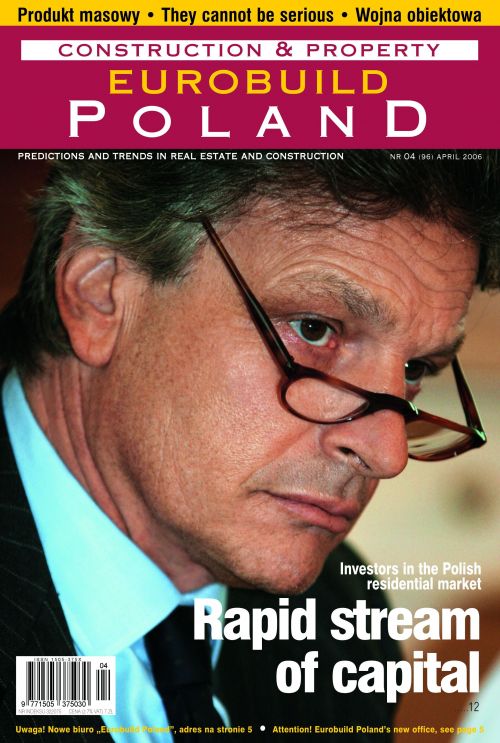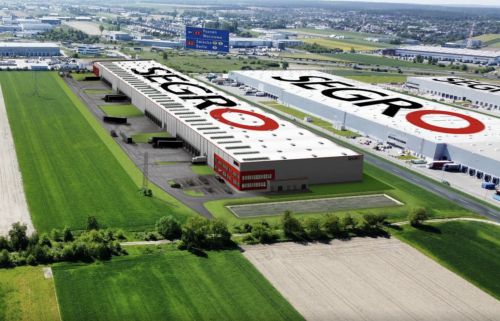The limited possibilities for investing in the office, retail, logistic and hotel markets have encouraged investors to enter the new territory of the residential sector. Demand being higher than supply guarantees huge profits, easily compensating for the riskThe prices of new flats in Warsaw have been growing continuously since mid-2003, and the annual growth rate has reached 15 per cent. Flats are being sold in the early stages of construction. Some projects find buyers even at the planning phase! Warsaw is not exceptional in this respect, as similar trends can be seen in other large cities, ie. Kraków, Wrocław, Tri-City and Poznań, and - on a smaller scale - in smaller cities as well. Furthermore, market analysts predict that with such favourable economic conditions, the boom may last at least until 2010 (as long as VAT for residential properties remains at 7 pct until 2011).Certainly, the situation is not perfect and activity in the residential market has its drawbacks. The mos




























































